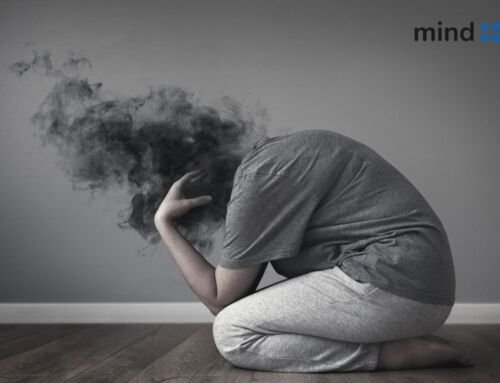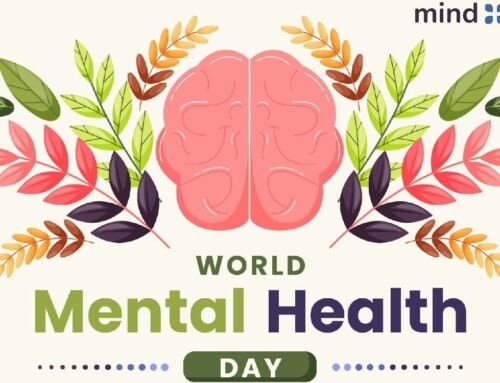PTSD (Post-traumatic Stress Disorder)
By Anushka Goswami, Psychologist
In these recent times, the world has changed in ways that people face a lot of events which can change their course of life forever. Such events create an almost permanent mark in the lives of people and continue to be a part of them. Such traumatic events affect the psychological well-being of a person to a level that the person might start to face various difficulties in their daily life. Post-traumatic stress disorder (PTSD) is a serious psychiatric disorder which may occur in people who might have experienced or witnesses any traumatic event. The traumatic event can be anything such as a serious accident, a natural disaster, war or a terrorist attack, rape, or who has been threatened with death, any emotional or physical assault, sexual violence, or any serious injury. Post-traumatic Stress Disorder or PTSD has become popular among people by various names which were given earlier. In the times of World War I, PTSD was called as “shell shock” and after World War II; PTSD came to know as “combat fatigue”. In terms of understanding, we should also keep in mind that PTSD can affect people of any ethnicity, religion, age, or race but researches show that women are twice likely to have PTSD as compared to men.
Individuals with PTSD have intense and disturbing thoughts, which might also come as flashbacks. These thoughts and flashbacks give rise to feelings which are related to their traumatic experience. Individuals might feel like they are reliving the horrible experience they have had. As the individual is constantly going through the flashbacks and the nightmares, they feel sadness, anger, or even fear and even may feel detached from people around them. Individuals with PTSD tend to avoid people or situations which may remind them of their traumatic event. They may have strong negative reactions to minor things such as an accidental touch or may even get scared and startled by a loud noise. For an individual to be diagnosed with PTSD, a traumatic event has to be present in their lives. This traumatic event can even be an indirect one such as getting the news of an old friend’s death or of a close family member.

Symptoms of Post-traumatic Stress Disorder
There are various symptoms of PTSD mentioned in DSM-V and ICD-10 but for simplification, we can divide the symptoms into four simple categories, which are as follows:
- Intrusion of thoughts – Individuals experience intrusive thoughts, memories (which they don’t want to remember consciously, nightmares, and flashbacks of the traumatic event they have been through. These thoughts, flashbacks, or nightmares may be so detailed that they might feel that they are reliving these experiences.
- Conscious Avoidance – Individuals tend to avoid any kind of situations, people, or places which might be a reminder of the traumatic event they have gone through. Coming face to face to any of those things might be seriously distressing for them. Individuals might also consciously try to avoid remembering or even to forget anything about the traumatic event. They might also resist talking about it or express how they feel about it.
- Alterations in Mood and cognition – Individuals might face difficulty in remembering details from the traumatic event and have negative thoughts and feelings (fear, guilt, anger, hatred) which may be very disturbing to them.
- Alterations in Reactivity and arousal – Individuals get very irritable and often have feeling outbursts or anger outbursts. They might start to behave recklessly in a self-destructive way or get easily startled. Individuals with PTSD also have difficulty in sleeping and concentrating.
Dealing with PTSD may be difficult but there are various treatment options which can make life less distressful for the individuals who are going through it. Psychotherapy can help in a very beautiful way along with various other therapeutic techniques which will help the individual to ground back and try to move forward with his or her own life.






